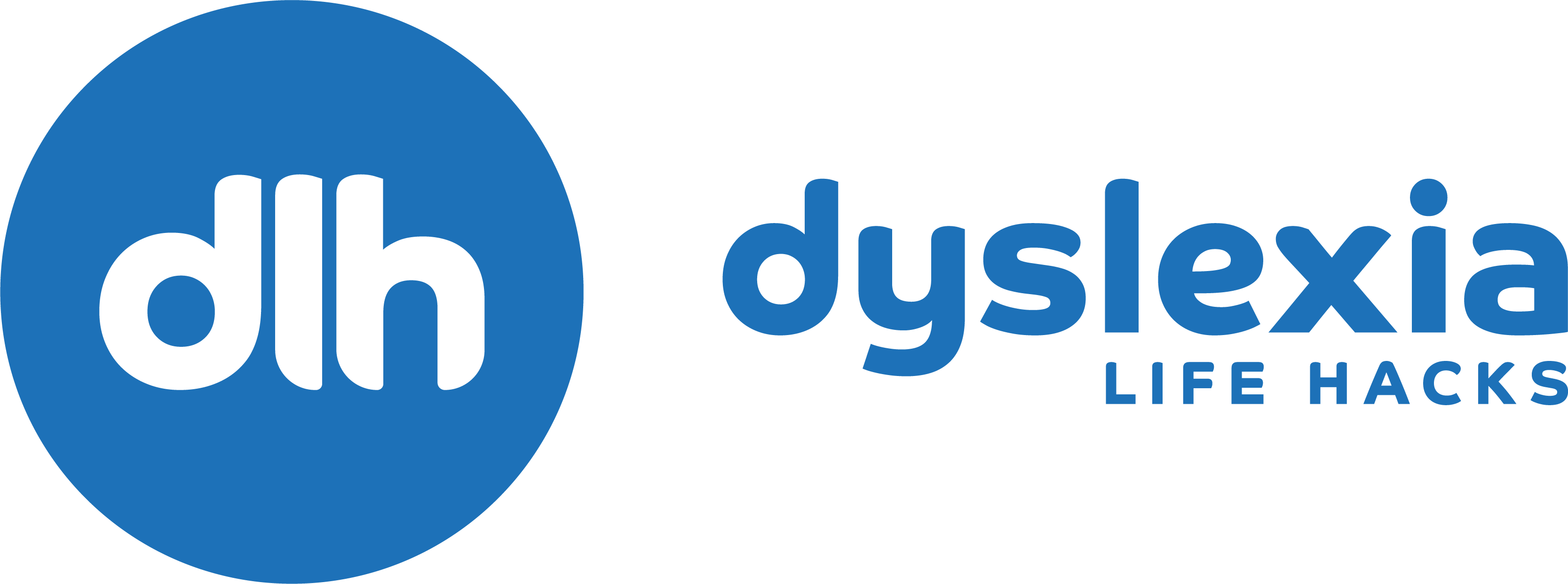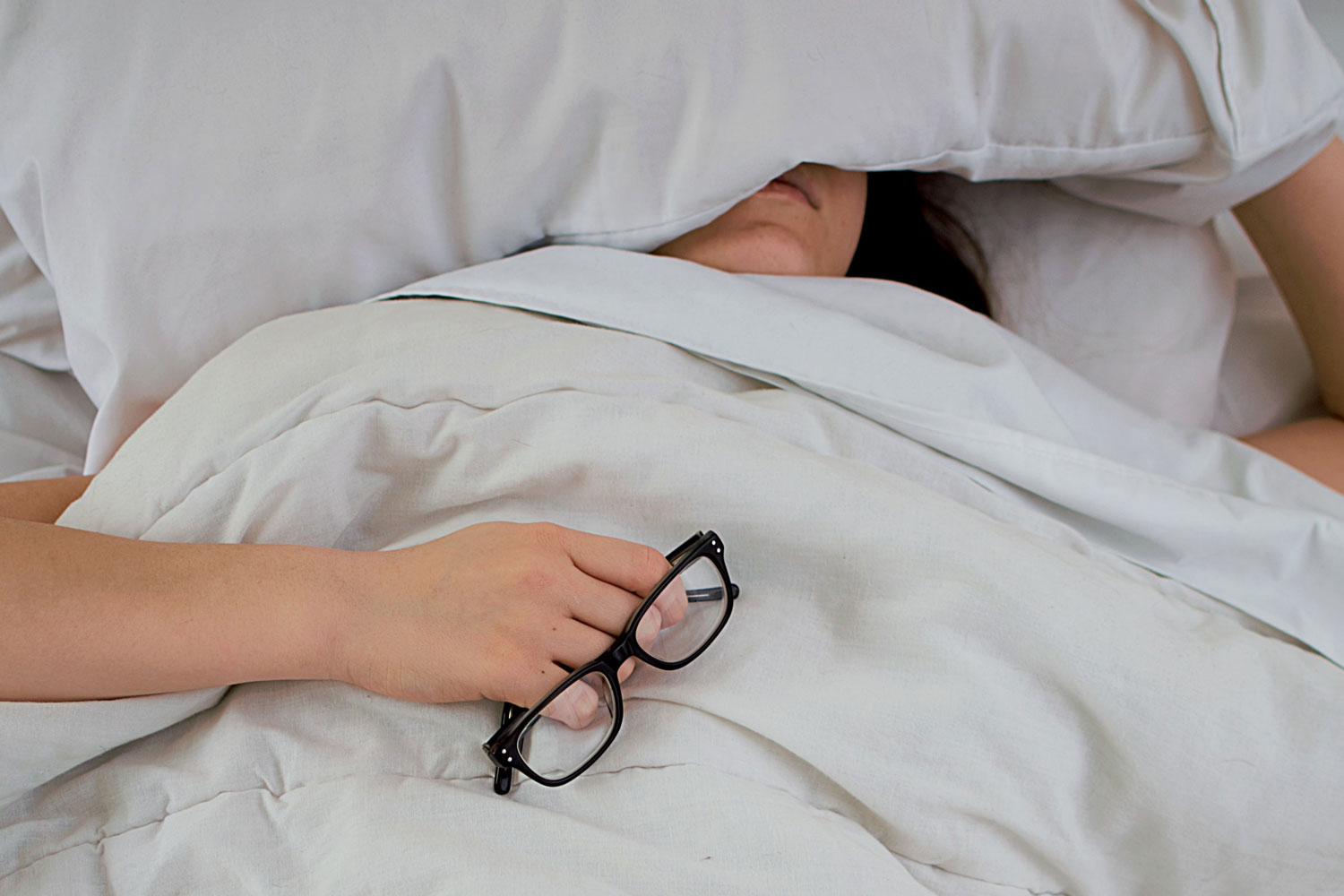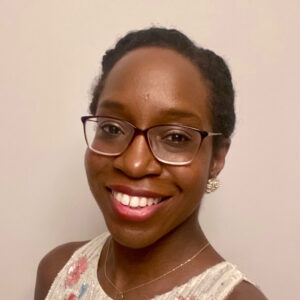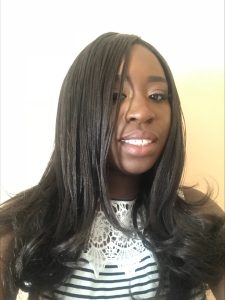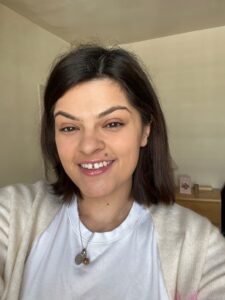Bs and Ds are always tricky. Why do they have to look so similar? It’s almost like the English language is trying to work against me!
I have heard several different ways of understanding this. I personally got taught to use my hands to get them right. This method involves visualising the alphabet in front you (reading left to right). You then touching your index finger to your thumb on both hands. Your left hand will make a “b” shape, you would have “C” in the middle, and your right hand will be a “d” shape.
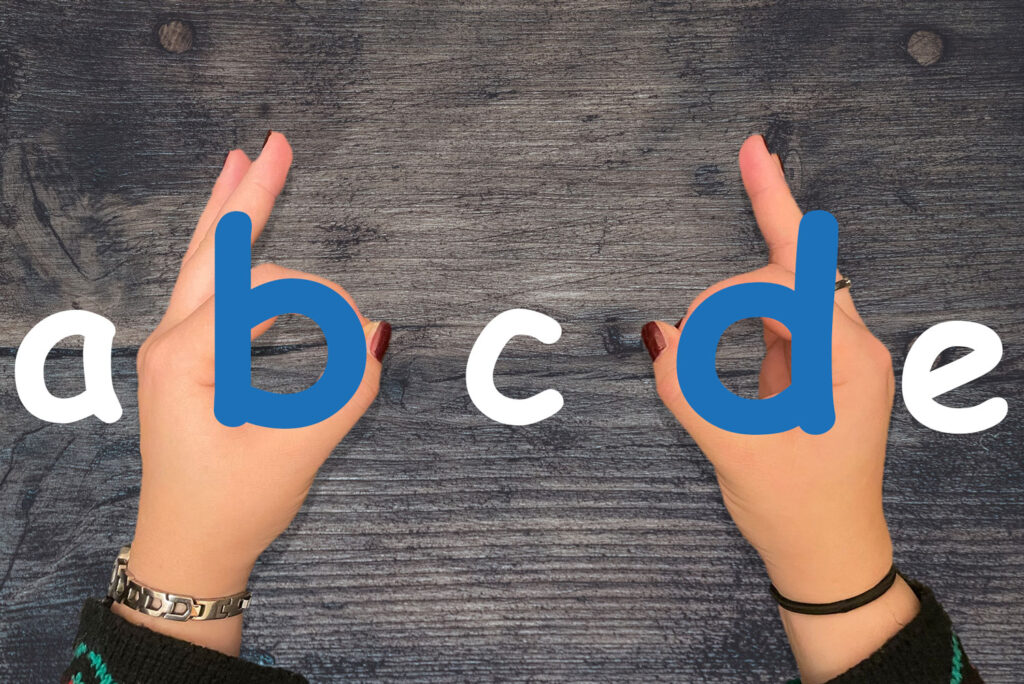
The alternative I have heard of imagining the word “bed” get this word spelt correctly and the first letter to B and the last letter is a D. Of course, you can always visualise a bed and make sure the visualisation your head is the correct way round Ha ha.

